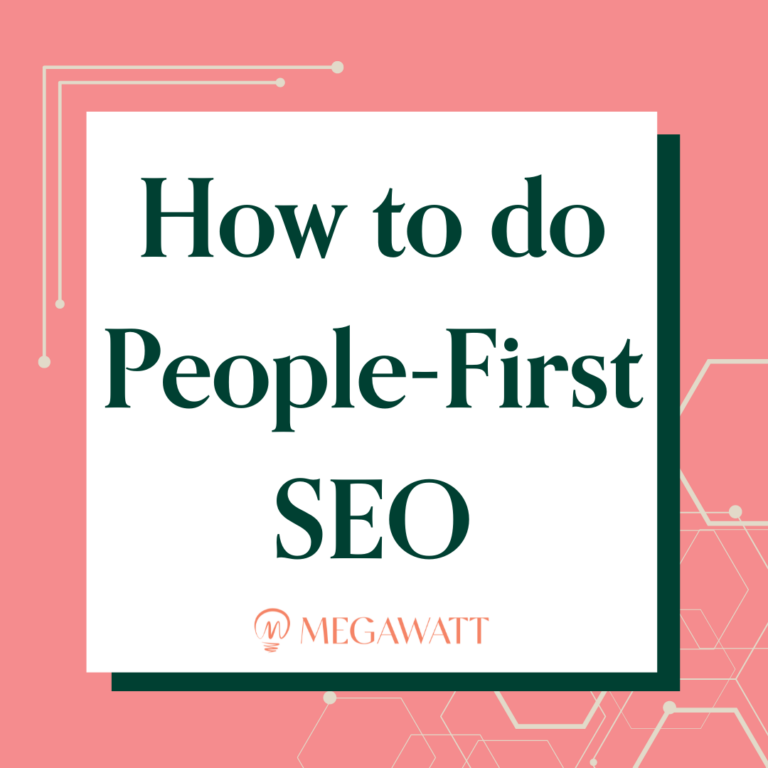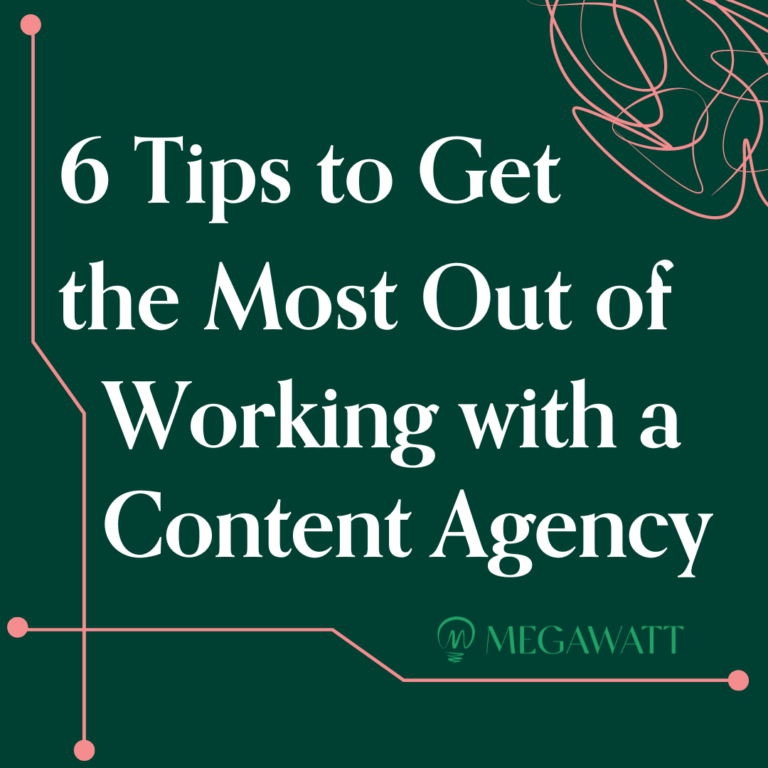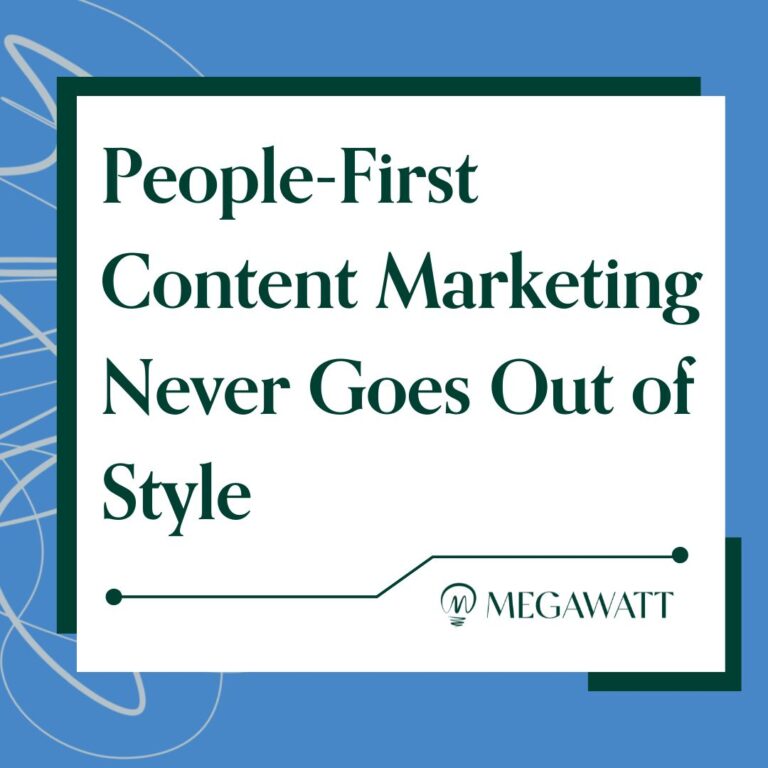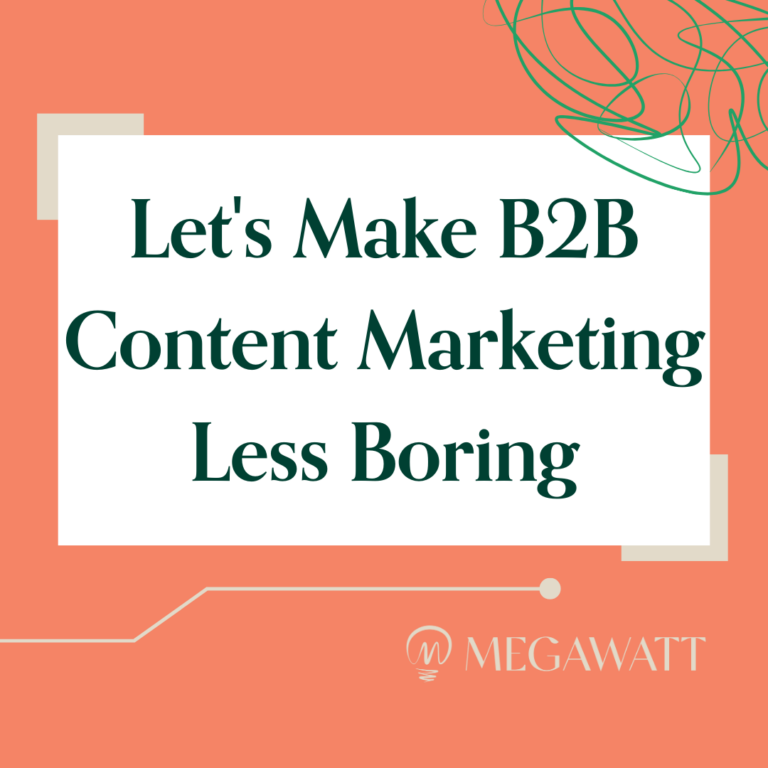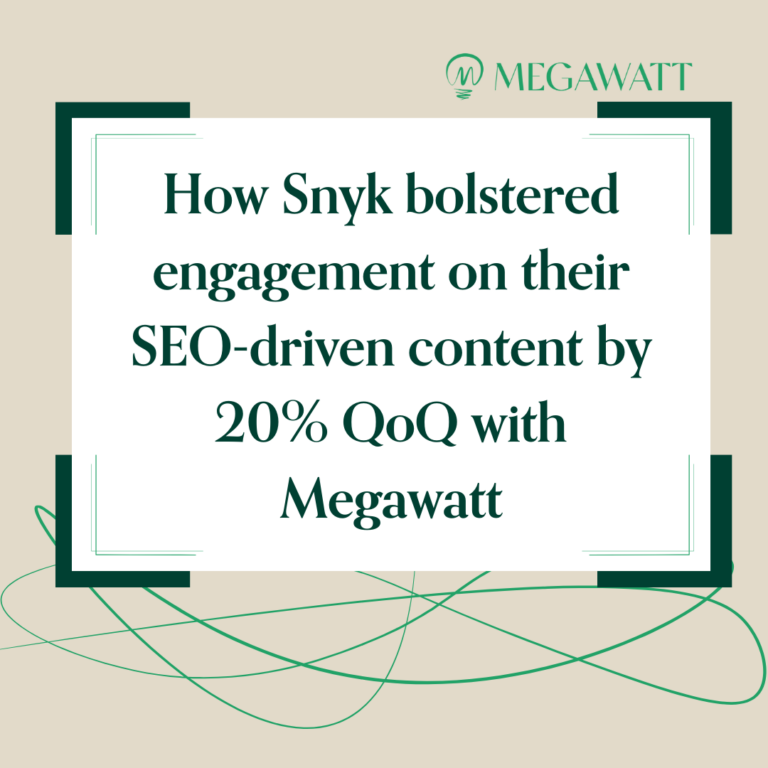By now you’ve heard all about Open AI’s chatbot ChatGPT, the generative AI app that can write blogs and essays, create travel itineraries, and answer questions directly. In fact, ChatGPT has already reached a record breaking 100 million users in just two months, dethroning previous record holder TikTok, which took nine months to accomplish the feat.
It’s no wonder Microsoft is investing $10 billion into the company and is already integrating it into products including Bing, while Google is facing the real possibility that it could upend its entire business model putting the company at a code red alert (more on that later).
The sensation ChatGPT has caused within businesses and across the internet is somewhat reminiscent of the blockchain, web3, and metaverse hype that have exploded and (in some cases more than others) faded over the last few years.
And while ChatGPT and generative AI apps (algorithms that can generate new content, including audio, code, images, text, simulations, and videos) could just be the topic de jour, we doubt this will prove to be a passing fad.
While the aforementioned hyped technologies still seem largely amorphous and theoretical without tangible use cases, ChatGPT is something anyone can use, experience, and immediately understand how it might seriously disrupt the status quo. CEOs and doctors are using it. Schools are banning it. Content AI is real, it’s here — and it’s either scary or thrilling, depending on your point of view.
So what will AI mean for content marketing? Let’s explore.
Sign up for Dear Wattson, our weekly newsletter, where all content conundrums are answered!
The effect of AI on content marketing according to ChatGPT
I asked ChatGPT, “How will generative AI affect content marketing?” Here’s how it responded.
Generative AI has the potential to greatly impact content marketing in several ways:
- Content Creation: AI-powered content creation tools can generate articles, blog posts, social media updates, and other types of content faster and more efficiently than traditional methods.
- Personalization: Generative AI can be used to create customized, targeted content that resonates with specific audiences, which can increase engagement and conversions.
- Optimization: AI can analyze data on what types of content are resonating with audiences and use that information to optimize future content marketing efforts, increasing their effectiveness.
- Increased Efficiency: AI-powered tools can automate many of the manual, time-consuming tasks involved in content marketing, freeing up marketing teams to focus on more strategic initiatives.
However, it’s important to note that, while AI can augment content marketing efforts, it cannot replace human creativity and empathy, which are essential elements of effective content marketing.
Honestly, it’s a solid response that mostly fits with our thinking, and it’s interesting that the AI itself (as much as we can anthropomorphize it, anyway) tries to allay the persistent and valid human fears that it will replace jobs (more on that also to come).
So let’s look at the good, the bad, and the unknown when it comes to AI for content marketing — and for the purpose of this post, we’re going to go in reverse order.
AI for Content Marketing – the Unknown
I’ve been toying around ChatGPT for about a month (doing everything from planning my upcoming itinerary around the country of Chile to asking tax-related questions). It constantly reminds me of the story of what happened in Portland, Oregon, in the mid-20th century:
To make its main street more pedestrian-friendly, the city installed a street trolley. But the change led to decreased foot traffic and reduced opportunities for window-shopping, as the trolley separated pedestrians from storefronts and took riders directly from one end of the street to the other.
(Fun fact: I forgot the city where this happened, and, after not finding the answer on Google, I turned to ChatGPT, which quickly provided the answer.)
So why do I bring up this cautionary tale of urban planning in a conversation about AI for content marketing?
Well, think about how Google makes its billions and about all the businesses using SEO strategies to try to reach audiences — internet search and discovery.
Marketers produce a lot of content hoping that Google users will stumble upon it during their searches. It’s like Portland’s main street filled with enticing signs, adverts, and goodies in retailers’ windows.
But ChatGPT is like the street trolley. It takes the user straight to the answer they’re looking for with no opportunities to “window shop” or happen upon a product or solution.
In the era of ChatGPT, it could be much harder for marketers to reach audiences and customers compared to traditional search and discovery methods. This could be a disaster for marketers and completely upend Google’s business (hence the “code red” in Mountain View). For its part, the trillion dollar company is releasing its own rival AI-powered chatbot named Bard, rumored to be available soon.
It’s unknown how ChatGPT will ultimately influence human behavior. It wouldn’t be surprising if people turn increasingly to ChatGPT instead of Google search, forcing marketers and businesses to completely reimagine their strategies for acquiring customers in an AI-dominated world. This is the truly unknown aspect of AI.
***
You might also like: 5 Tips to Write B2B Content Faster — Without Sacrificing Quality
***
AI for Content Marketing – the Bad
As mentioned, ChatGPT takes great pains to try to allay concerns that might be used to replace humans’ jobs. But even it understands that, as with most technologies, AI will cause some job disruption. According to the chatbot itself:
In the next five years, it is likely that AI will begin to reduce employment for college-educated workers. As the technology continues to advance, it will be able to perform tasks that were previously thought to require a high level of education and skill. This could lead to a displacement of workers in certain industries, as companies look to cut costs by automating processes.
And some jobs performed in the marketing space will likely be on the chopping block. The number of employed writers could diminish.
ChatGPT and other AI tools rely on a language model called GPT-3 or GPT 3.5 to form their generations. The latest iteration, GPT 4, rolling out this year, is said to be magnitudes better — a 100X improvement, in fact! We can expect better quality responses to prompts, better essays, better blogs, better copy, and better content in general. Still, it’s doubtful that any of the writing will be able to convey the human empathy that makes writing stand out (more on that below).
OpenAI also released a popular text to image tool in the form of Dall-E. The AI generates images based on text prompts. Here’s what it created when I entered the prompt “a stained glass window depicting a robot.”
![]()
![]()
![]()
![]()
If you can think of it, Dall-E (and other tools like Midjourney) can create an image. Not all of the creations are exactly worthy of the Guggenheim. Still, the ability for AI to create images might very well cause a reduction of graphic designers working in marketing and other fields.
It’s entirely in the realm of possibility and even probability that the customer who might have once turned to Fiverr or Upwork to hire a freelance copywriter, graphic artist, or website designer will instead leverage AI tools to do it themselves.
However, it’s doubtful AI will eliminate the need for these professionals as larger organizations will still want to hire actual creatives to get the job done. Plus, at this stage, AI is still not 100% reliable when it comes to getting all the facts straight (Google’s Bard embarrassingly flubbed an answer in its debut). So humans will be needed to serve as editors or fact checkers. Still, at the end of the day, we think AI will actually be a net positive for marketing and those working in the industry. Here’s why.
AI for Content Marketing – the Good
Give some paint and a brush to a child, and you’ll get a picture you could hang on your fridge. Give the same tools to the average adult, and you’ll get a picture you could maybe hang in a rec room. But give them to Michaelangelo, and you’ll get the Sistine Chapel.
AI-powered tools are just that: tools. And in the hands, or at the fingertips, of artists and creative professionals who know how to use them to their maximum potential, we can expect them to generate masterpieces.
Recently at Davos, will.i.am of Black Eyed Peas fame described ChatGPT as a co-pilot for creatives. He said it can be used as a soundboard to bounce ideas off — and frankly, I think he’s right.
Marketers of all stripes can leverage AI to help with ideating and increasing the efficiency of their workflows (as ChatGPT itself stated). When performing research for a blog, content writers no longer need to spend hours on the internet clicking back and forth between articles and sources. Now they can just turn to ChatGPT, which can help them create more content in less time. They can also use AI tools to draft, edit, distribute, and repurpose content faster. In a webinar presented by Writer, we learned that utilizing AI tools can save writers 35 hours per month if used wisely.
And, in a world where AI becomes commonplace, brands, enterprises, and customers will put more of a premium on the human touch when it comes to storytelling (e.g, personal anecdotes, humor, and unique turns of phrases you only get from a human).
So the talents of the best marketing creatives will be increasingly in demand, with a directive to ensure the human element shines through to build a better connection between a brand and its customers.
***
You might also like: B2B Content Marketing: 3 Categories of Content for Your Marketing Funnel
***
Looking Through the Robot-Stained Glass
Looking through our robot-stained glass, we believe jobs of all types will evolve as a result of this new technology, just as has been happening since time immemorial.
Consumers once feared that cars, telephones, and the internet would tear us apart and ruin society. Workers feared tractors, ATMs, and warehouse robots would come for their jobs. And while it’s undeniable that some displacement did occur (for example, the majority of the population is no longer farming for a living), technology has a pattern of creating new opportunities. It has a tendency to make rote and repetitive jobs easier and less frustrating. Technology has fueled previously unprecedented levels of growth and productivity across industries and the economy at large. (Of course, it’s arguable that workers should be seeing more of the returns on those gains, but that’s a topic for another day.)
For those of us in content marketing specifically, it will be important to expand our skills by training on the new tools out there. We must learn to leverage them to benefit our work and our outputs without watering down the human element. It will take time, and we’re in the early days, but there’s no reason to fear AI if you approach it with the right mindset.
We are entering an age of AI-assisted marketing that sees us humans doing our jobs better and faster — and there’s no turning back, whether we like it or not. So it’s time to hop on the trolley. We should just remember to hop off periodically and peer in the windows. You never know which one might be hiding a treasure you never expected—robot or otherwise.
Interested in chatting with a human about how AI can help you scale a high-quality content program? Let’s talk! Contact us today.
